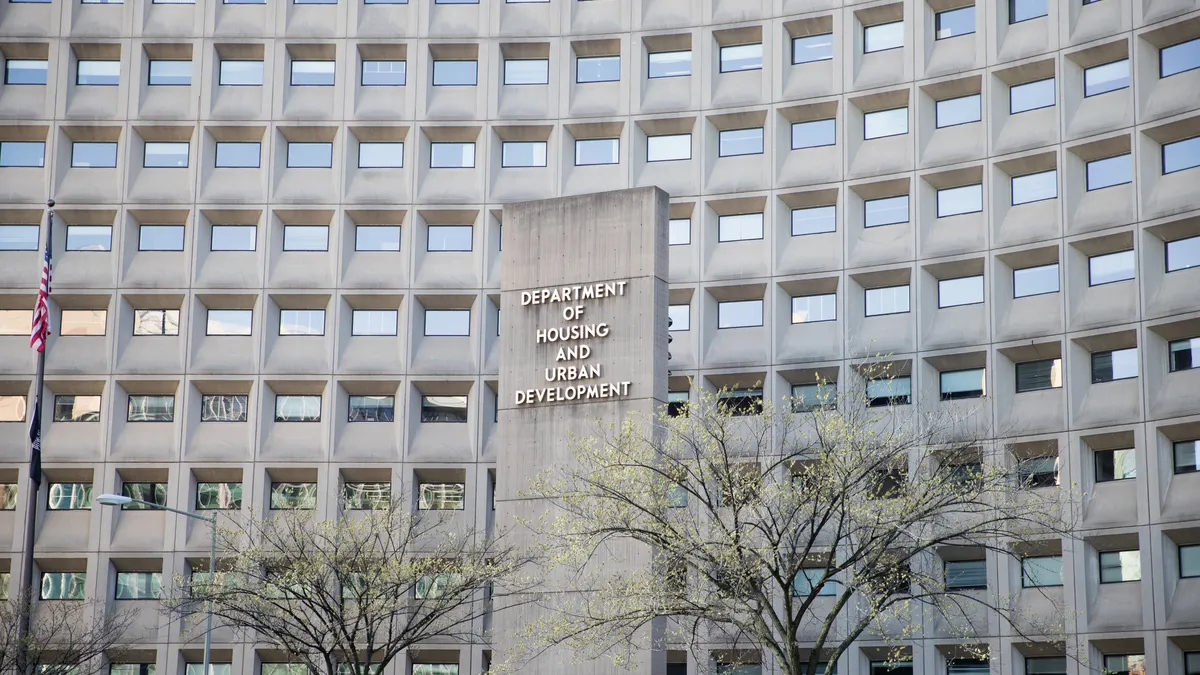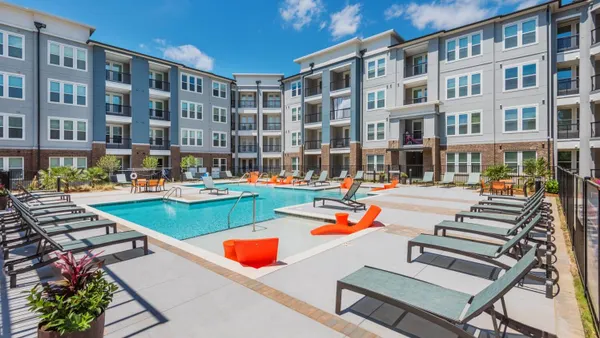On any given night in 2022, more than 33,000 Veterans experience homelessness in the United States and 1.4 million more are at risk of homelessness. One homeless Veteran is one too many and the Department of Veterans Affairs (VA) and the Department of Housing and Urban Development (HUD) are working together to end homelessness among Veterans.
In February, U.S. Secretary of Veterans Affairs Denis McDonough announced VA’s plan to achieve 38,000 permanent housing placements for homeless Veterans by the end of 2022. At the recent American Legion National Convention, Secretary McDonough spoke on VA’s progress.
“We’re fighting like hell to end Veteran homelessness, a phrase that shouldn’t exist in America,” said McDonough. “Our focus here is on two simple goals: getting Veterans into homes and preventing them from falling into homelessness in the first place. And we’re making real progress.”
As of September 2022, VA has achieved nearly 31,000 permanent housing placements for homeless Veterans. However, with less than 2 months left in the year, there is still more work to be done. Landlords are critical partners toward VA meeting its goal to this year.
How you can help
As landlords and other housing and community development providers and professionals, you have a unique opportunity to help house Veterans while still receiving reliable income. Through the HUD-Veterans Affairs Supportive Housing (HUD-VASH) program, you can choose to accept housing vouchers and help keep Veterans off the streets.
This program is a win-win for all. HUD-VASH vouchers allow for a portion of the rent to automatically be paid on time to you by a public housing authority. A case management team helps support the Veteran in paying their portion as well, and with the voucher payment, rents match market price so you aren’t losing income.
A look at Veteran homelessness
Since 2010, nearly 986,000 Veterans and their family members have been permanently housed or prevented from becoming homeless. Over the years, the numbers have declined quickly, with a 49% decrease between 2010 and 2016, but slowed to only a 6% decrease between 2016 and 2020. While the recent news about renewed progress in 2022 gives us reason to be optimistic, we must remain vigilant.
Veterans are at greater risk of homelessness than non-Veterans, studies found. This is due to factors such as lack of personal support systems after leaving the military, poverty, and mental health issues, including issues resulting from their experiences serving our country.
In an interview with VA, Mike, a Marine Corps Veteran, spoke about his experience with homelessness. After his discharge in 1982, Mike was unable to find work and lived in his car. “I just had to find that way to make things better,” he said. “And the VA gave me that way to make things better.”
Motivated by his desire to support his son, Mike found a job and an apartment with the help of his VA casework team and VA housing programs. “The HUD-VASH program was that safety net that I needed,” he said.
What’s next?
While VA is on track to accomplish its goal of achieving 33,000 permanent housing placements for homeless Veterans this year, there will still be Veterans in need of housing support. In his speech, Secretary McDonough discussed future efforts.
“As we continue to get this done, we’ll be driving hard on prevention, too—by increasing the housing supply, by making existing housing more affordable, and by getting every Veteran the wraparound services they need. Because no Veteran should be homeless in the country they fought to defend. Not one. And we will deliver for them, together,” he said.
For Veterans who need help
If you are a Veteran who is homeless or at imminent risk of homelessness, call the National Call Center for Homeless Veterans at (877) 4AID-VET (877-424-3838). It’s staffed 24 hours a day, seven days a week, with trained counselors who will connect you to your nearest VA medical center for help.
If you’re a landlord, property manager, or other housing and community development provider or professional considering opening up your rental property to Veterans in need, please visit VA’s Landlords page for more information.








